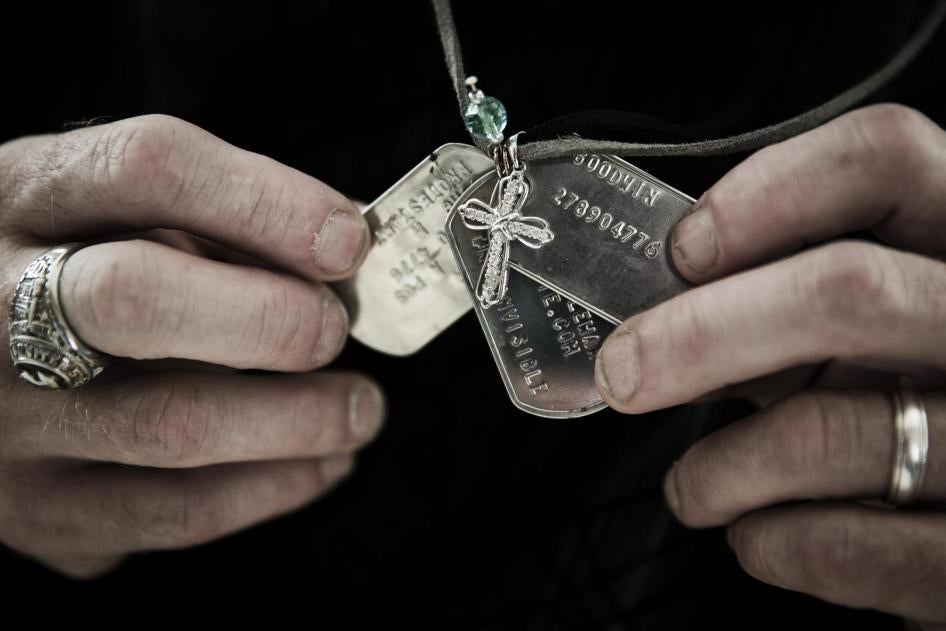Traditionally, if a United States soldier had a mental health condition, like post-traumatic stress disorder (PTSD), and engaged in minor misconduct, they could be forced out of the military and given a “bad” discharge, stripping them of necessary benefits. This held true even if their mental health condition may have led to the misconduct.
But the US Navy is taking steps to change this.
On June 1, the US Secretary of the Navy Ray Mabus said that soldiers with mental health conditions will be discharged in a way that allows them to keep their healthcare benefits. Secretary Mabus also said that people who have already been forced out of the Navy with a less than honorable discharge may seek to have their records changed before the Board for Correction of Naval Records.
This may be a game changer for some of the veterans I interviewed who were given bad discharges after reporting being raped or sexually assaulted. Many were diagnosed with post-traumatic stress disorder (PTSD) stemming from the assaults, and were forced out of the military for minor misconduct that may have been a symptom of trauma.
In March 2016, Human Rights Watch wrote to the secretary of defense to share these initial findings. We released the final report, “Booted: Lack of Recourse for Wrongfully Discharged US Military Rape Survivors,” two weeks ago.
A recent Department of Defense report showed that 25 percent of service members who were administratively discharged after reporting a sexual assault were separated from the military for misconduct. Usually misconduct accounts for 8 percent of discharges. Rape victims were also more likely than average to get “other than honorable discharges.”
Veterans with less than fully honorable discharges may be denied access to benefits ranging from education to health care. They live with the stigma of being labelled a “bad soldier,” which makes it harder to get jobs. Less than fully honorable discharges correlate with high rates of suicide, homelessness, and incarceration. Attempts to change the discharge classification have usually been futile because the services prioritize misconduct over mental health conditions when considering a separation.
This new policy changes that – at least for those in the Navy.
It could also help Heath Phillips, who was repeatedly gang-raped as a 17-year-old new recruit to the Navy in 1989. When his ship was about to leave port, he faced a choice of fleeing or being confined to a boat with his attackers. He fled, but turned himself in immediately. He was given a choice between the brig on the ship or an “other than honorable” discharge. He said at that point, “I would have signed a deal with the devil himself to escape the torture I kept getting while on board the ship.” He had been diagnosed with PTSD as a result of the repeated rapes he suffered. For two decades he struggled with alcohol and had difficulties holding jobs. He was unable to get help from the Department of Veterans Affairs healthcare system because of his other than honorable discharge. Attempts to upgrade his discharge failed because the misconduct – running off – trumped other considerations.
The Navy took an important step toward righting the wrong that has been done to veterans who have PTSD as a result of their service. Hopefully, the other military branches will follow this lead.









